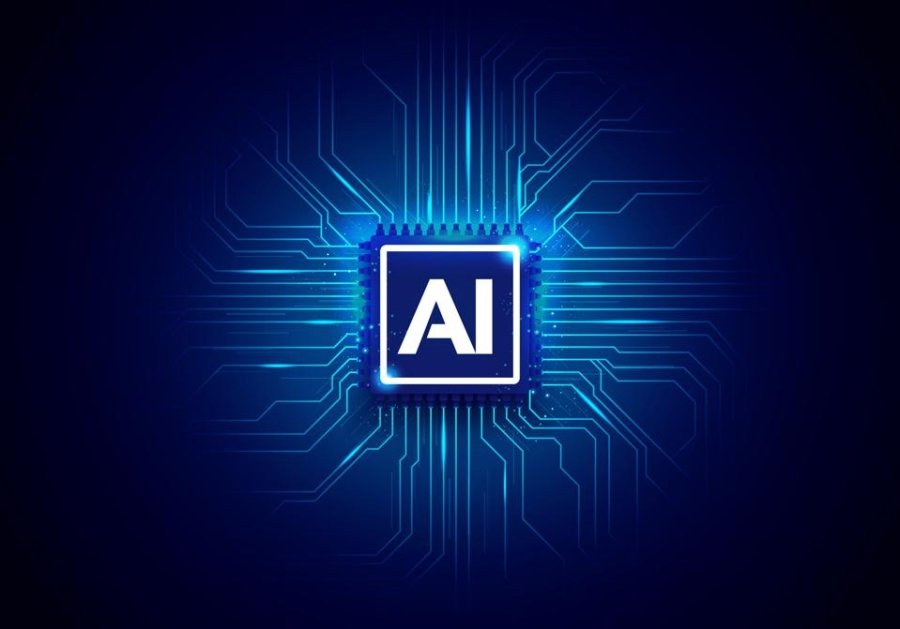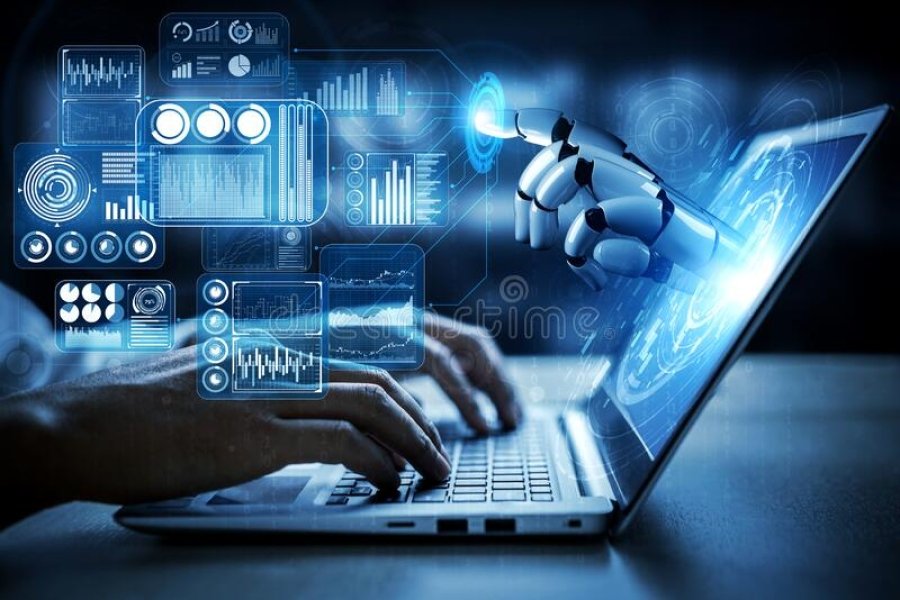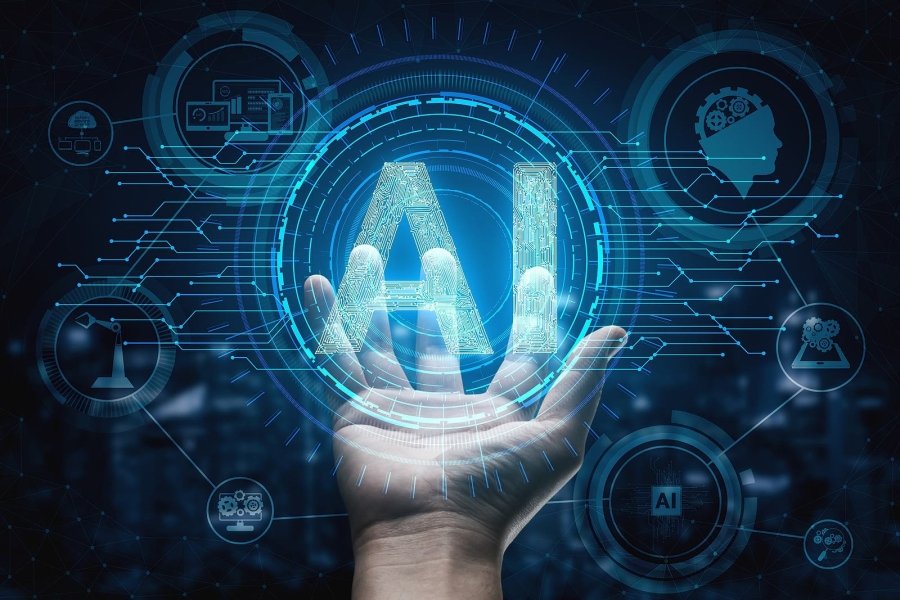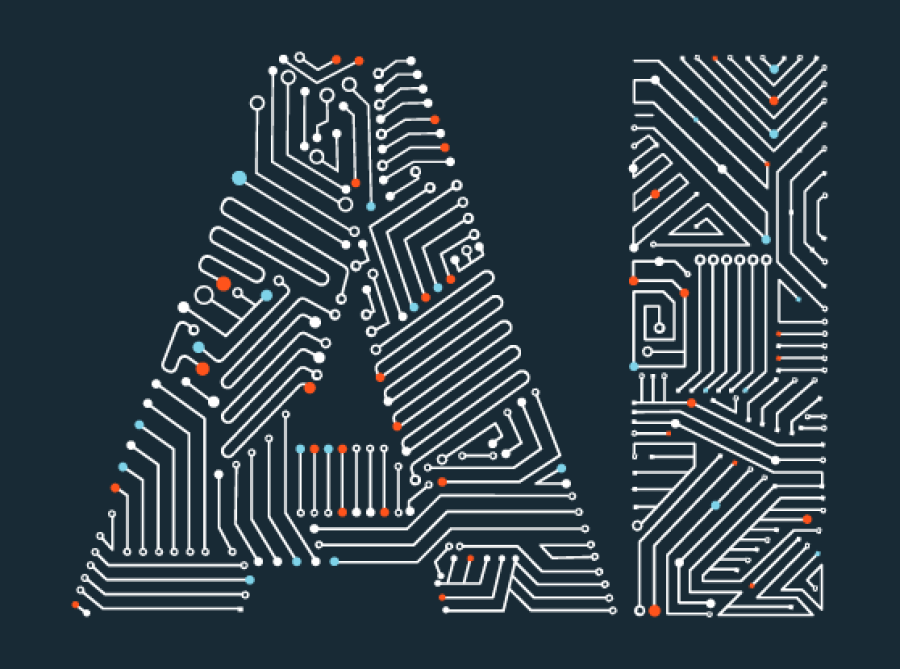5 Myths About AI You Need to Stop Believing
When it comes to artificial intelligence (AI), there are a lot of misconceptions out there. From Hollywood movies to news reports, AI is often portrayed in a negative light. Unfortunately, these myths can create fear and uncertainty surrounding the technology. In this blog post, we'll take a look at five common myths about AI and explain why they're not true. By understanding the facts, you can be better informed about the potential benefits of AI and how it can help us in the future. Artificial Intelligence (AI) is often misunderstood, with many believing it to be something from a sci-fi movie. Unfortunately, this has led to the creation of a number of myths about AI that can prevent people from seeing its true potential. In this blog post, we will be debunking five of the most common myths about AI that you need to stop believing. By the end of it, you will have a better understanding of AI and how it can help shape our future.
1) AI will take over the world
One of the most common myths about AI is that it will take over the world. This idea is rooted in science fiction, which often depicts AI as being dangerous and powerful beyond our control. The truth is, AI is simply a tool that can be used for good or bad purposes depending on how it is programmed.
In reality, the technology is still in its infancy and is not currently capable of taking over the world. AI cannot think for itself and make its own decisions, but instead relies on complex algorithms to carry out tasks. It’s true that AI can be used to automate certain tasks and processes, but this is far from “taking over” the world.
The key takeaway here is that AI can be an incredibly useful tool if used responsibly. However, it does not pose a threat of “taking over the world” anytime soon.
2) AI is only used for science fiction
This is a common misconception about AI, and it could not be further from the truth. AI is used in almost every field of industry and science today, from healthcare to finance to manufacturing. AI can be used to help doctors diagnose diseases, traders make more informed investments, and factory workers automate the production line. In addition, AI has the potential to revolutionize entire industries by providing insights and decision-making capabilities that humans may not be able to comprehend. AI is already being used in autonomous vehicles, intelligent robotics, and natural language processing (NLP). As AI advances further, its applications will become increasingly varied, and it won’t just be used for science fiction anymore.
3) We don't need AI
Many people think that Artificial Intelligence (AI) is something we don't need, that it is a fad or just a tool to be used by tech companies. This couldn't be further from the truth. AI is quickly becoming an integral part of our lives and its potential uses are virtually limitless.
From personalized medical care to more efficient ways to commute, AI technology is being used in many industries to improve our lives. AI can help us understand the world around us better by providing insights into data. For example, data collected through AI could help predict weather patterns, forecast stock prices, or detect diseases faster.
In addition, AI has been used to create new jobs, like data scientists and robotic technicians, as well as enhance existing roles, such as customer service representatives. In other words, AI can create more opportunities for individuals to be employed and have access to better career opportunities.
The bottom line is that AI is not something we don't need. We need it because it can help us make better decisions, create more opportunities for employment, and revolutionize the way we interact with the world around us.
4) AI is bad for the economy
One of the most common myths about AI is that it’s bad for the economy. This myth is particularly pervasive because it plays on the fear of automation taking jobs away from humans. However, research shows that, rather than replacing human labor, AI can actually create more job opportunities.
For example, consider a company that adopts AI-based technologies to automate tasks. The initial transition may take some jobs away, but it also creates new job opportunities in designing, deploying and maintaining the AI-based systems. This means that, while some traditional jobs may be lost, new and potentially better-paying jobs may be created in their place.
In addition, AI can help improve efficiency and productivity, leading to improved economic growth and opportunities. For instance, AI-powered applications can streamline operations and provide more accurate analytics, resulting in cost savings that can be used to increase wages or create more jobs.
In short, AI can actually help bolster economic growth rather than hinder it. Therefore, the myth that AI is bad for the economy is unfounded and should be disregarded.
5) AI is only for tech companies
This is a myth that many people believe, but it couldn't be further from the truth. AI has applications in almost any industry. From agriculture to healthcare to finance, AI can help improve processes, reduce costs, and increase efficiency. Companies from all different industries are already leveraging AI technology to stay ahead of the competition and find new ways to innovate.
In agriculture, AI is being used to predict crop yields, monitor farm equipment, and automate certain tasks. In healthcare, AI is being used to improve patient care, provide early detection for diseases, and provide more accurate diagnosis. In finance, AI is being used for fraud prevention and risk management.
As you can see, AI is not just for tech companies. It is becoming increasingly common for companies of all sizes and across all industries to use AI technologies in their operations. With so many different applications, AI will only continue to grow and have an impact on businesses around the world.









Comments (0)